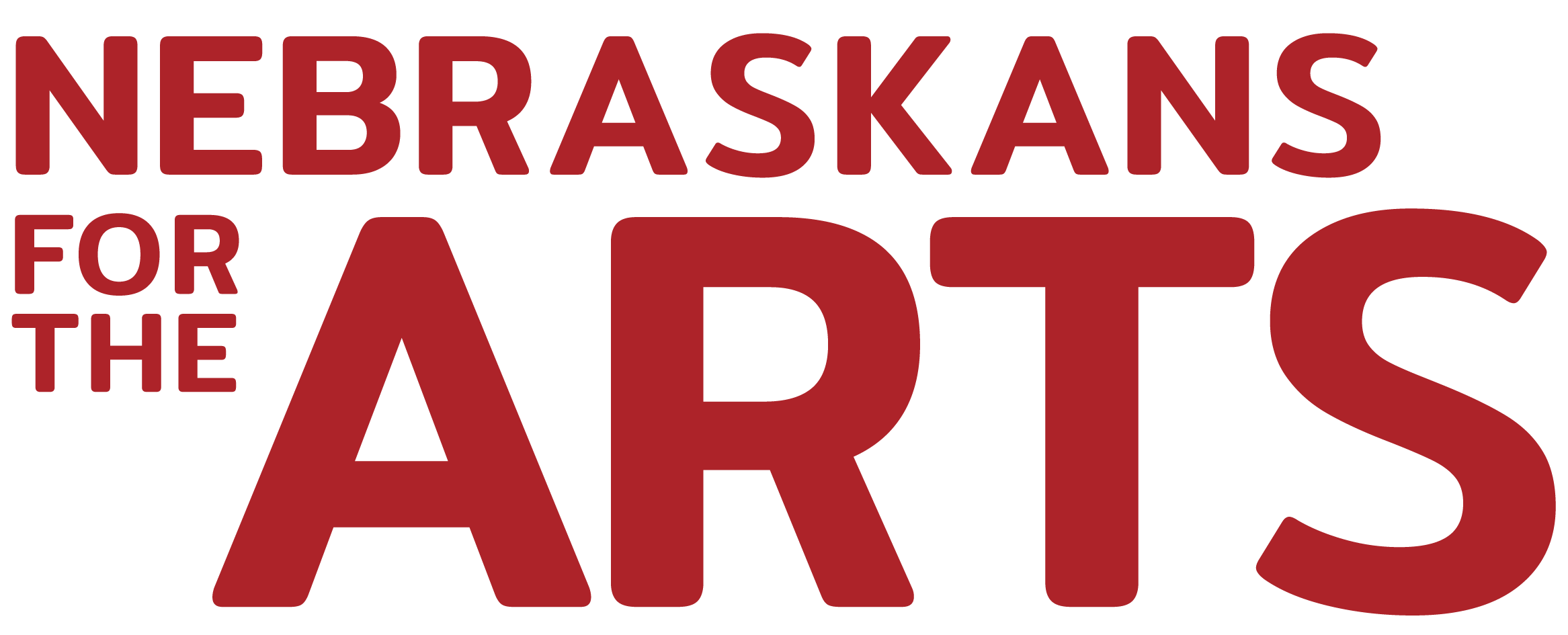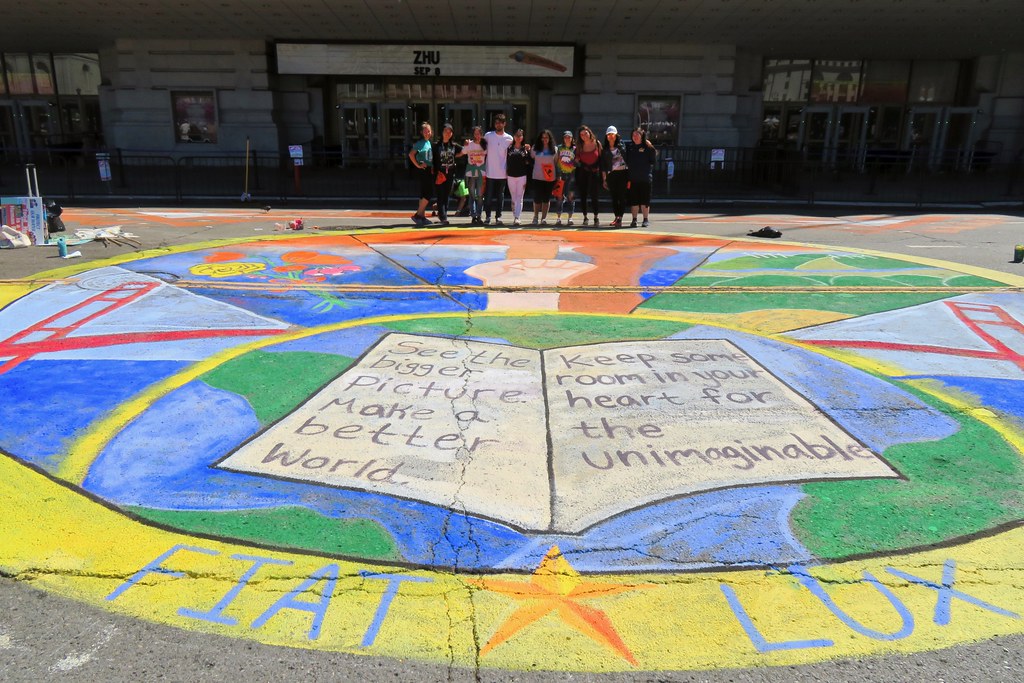Art has long been recognized as a medium for self-expression, cultural preservation, and aesthetic pleasure. However, it is also a powerful tool for social change. Throughout history, artists have utilized their creative platforms to advocate for various causes, challenge social norms, and provoke thought-provoking conversations. In this blog, we will explore the dynamic relationship between arts and activism, and how artists are shaping the world through their creative endeavors.
- Art as a Mirror of Society
Art has the ability to mirror society, reflecting its triumphs, struggles, and injustices. Artists, as keen observers of the world, channel their emotions and experiences into their work, capturing the essence of social issues. Whether it is through paintings, sculptures, literature, or music, art becomes a powerful vehicle for highlighting the pressing concerns of our time. It allows us to confront uncomfortable truths, challenge established narratives, and spark conversations that lead to social change.
- Amplifying Marginalized Voice:
One of the most significant contributions of art in activism is its ability to amplify the voices of marginalized communities. Historically oppressed groups, such as women, people of color, LGBTQ+ individuals, and indigenous cultures, have utilized art to reclaim their narratives, challenge stereotypes, and demand equality. By creating art that reflects their unique experiences and struggles, these communities are able to foster empathy and understanding in the wider society, ultimately paving the way for social progress.
- Art as a Tool for Protests
Protests and demonstrations have long been a staple of activism. However, art has played an integral role in transforming these acts of dissent into powerful and visually striking expressions of resistance. From street art and graffiti to performance art and installations, creative interventions during protests capture attention, convey messages, and evoke emotions that traditional forms of activism may struggle to achieve. Art in protests not only engages the public but also inspires a deeper understanding of the issues at hand.
- Shaping Public Discourse
Artists have the power to shape public discourse by challenging societal norms and questioning the status quo. Through their work, they spark conversations that may otherwise be overlooked or silenced. By confronting uncomfortable truths, artists force us to reevaluate our beliefs, values, and biases. Whether it is through a provocative photograph, a thought-provoking play, or a poignant poem, art has the ability to challenge our preconceived notions and inspire collective action.
- Inspiring Empathy and Action
Arts and empathy play a crucial role in the realm of arts and activism. While activism often focuses on promoting social change and addressing issues of injustice, empathy is the driving force that allows individuals to connect with others’ experiences and understand their struggles on a deeper level.
Through arts and empathy, activistscan effectively engage with their audience and convey their message in a way that resonates with people’s hearts and minds. Artistic expressions such as paintings, sculptures, music, dance, theater, and literature can evoke emotions and provoke introspection, allowing individuals to step into the shoes of others and develop a greater understanding of their experiences.
Art binds us together. Culture generates social capital and strengthens a community’s character. Art brings people together physically — at galleries, museums, performance spaces — and culturally, through its capacity to tell a community’s shared story, to inspire reflection, and form connections that transcend differences .By harnessing artistic expression and promoting empathy, artists and activists can create powerful works that challenge the status quo, cultivate understanding, and inspire collective action towards a more just and empathetic society.



